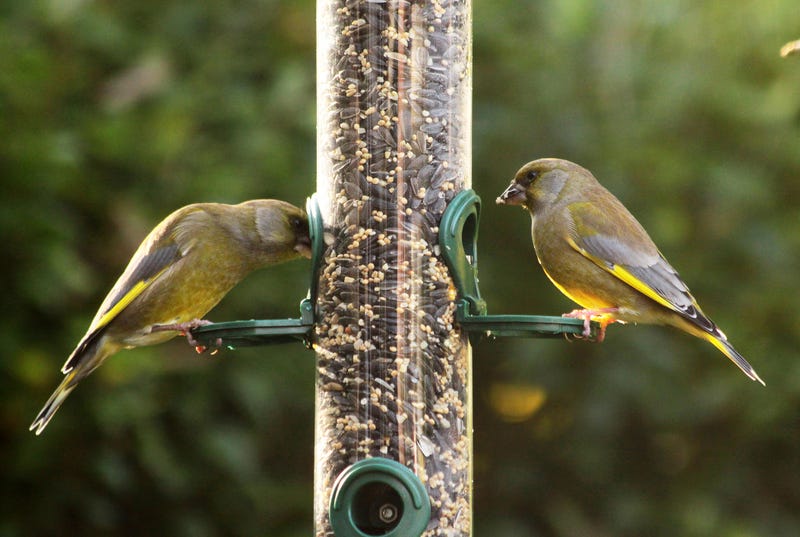
INDIANAPOLIS, Ind. (WBBM NEWSRADIO) — A mysterious bird illness sweeping Indiana is causing natural resources officials to ask people to take down their bird feeders.
According to Allisyn-Marie Gillet, a state ornithologist with the Indiana Department of Natural Resources, the deadly songbird conjunctivitis has been found in 69 of Indiana’s 92 counties, including Lake, Porter and LaPorte.
“We’re just trying our best to be really careful about it and recommend that people take down their feeders and clean them with 10% bleach solution so that it kills, typically, viruses and bacteria as well as parasites,” Gillet told WBBM Newsradio.
Gillet also said the bird feeders should be kept down.
“We’re saying they should leave them down for now, mainly because we still don’t know what’s causing this disease,” she said.
The disease is mainly found in American robins, blue jays, European starlings and common grackles, but it’s also been found in some other species such as woodpeckers.
Gillet said symptoms of the disease include crusty or gooey eyes, swollen eyes and neurological conditions such as seeming disoriented, as if their heads are too heavy. She said the mortality rate is about 100%.
The recommendation to take down bird feeders is the Indiana DNR's way to do a little social distancing of sorts among bird species. Gillet said feeders cause birds to congregate, even birds of different species “providing them greater potential for, perhaps, it being passed from one species to another.”
Gillet said Lake, Porter and LaPorte Counties are among hot spots for the bird disease, although she said it’s possible more reports have been made about diseased or dead birds because there are more people in those counties than some of the counties in southern Indiana.
Gillet said the Indiana DNR is still “actively tracking” the progress of the disease to determine whether it’s slowing down or continuing.
Sick songbirds have also been found in Ohio, Kentucky, Virginia, Maryland and Pennsylvania.

